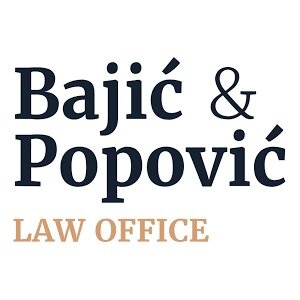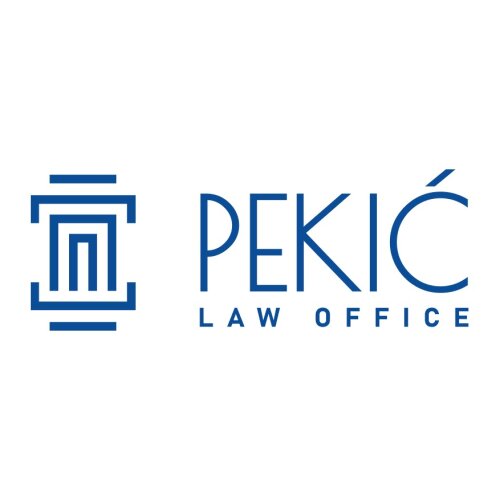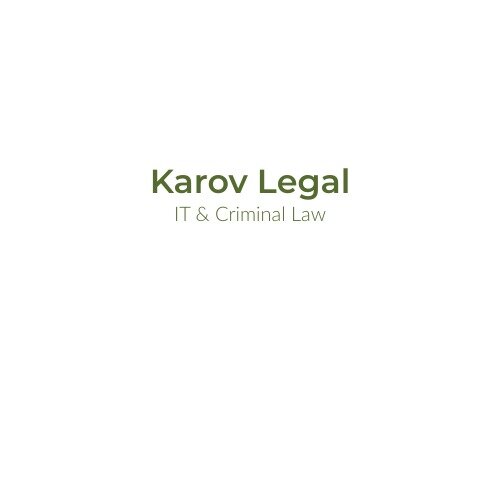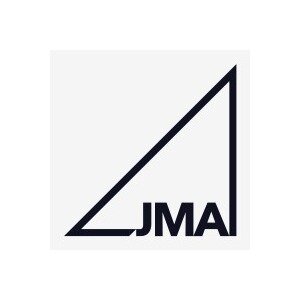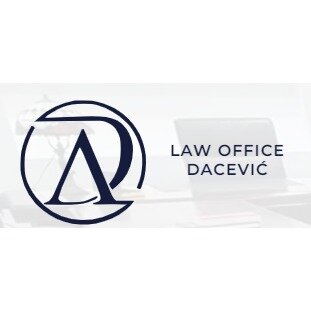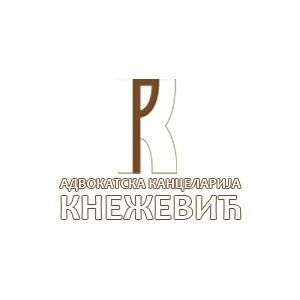Best Energy Regulatory Law Lawyers in Novi Sad
Share your needs with us, get contacted by law firms.
Free. Takes 2 min.
List of the best lawyers in Novi Sad, Serbia
About Energy Regulatory Law in Novi Sad, Serbia
Energy Regulatory Law in Novi Sad, Serbia governs the production, distribution, and consumption of energy resources such as electricity, natural gas, oil, and renewables. The legal framework is in line with both national legislation and European Union directives, as Serbia works towards modernization and alignment with EU energy policies. The sector is overseen by specific regulatory bodies that ensure compliance with rules regarding licensing, tariffs, market competition, environmental protection, and consumer rights. Energy Regulatory Law is complex, with frequent updates, making it important for stakeholders to stay informed about their rights and obligations.
Why You May Need a Lawyer
There are several situations where individuals or businesses might need legal assistance related to Energy Regulatory Law in Novi Sad:
- Applying for licenses to operate in the energy sector, whether for generation, distribution, or supply
- Negotiating and drafting energy supply contracts or purchasing agreements
- Handling disputes between energy providers and consumers regarding tariffs, service interruptions, or billing issues
- Understanding compliance with environmental and safety regulations
- Participating in electricity market operations and renewable energy projects
- Challenging or appealing regulatory decisions made by governmental bodies
- Advising on mergers, acquisitions, or restructuring within the energy sector
- Addressing cross-border energy concerns and matters arising from EU integration
Legal professionals specializing in energy law can help ensure compliance, protect your interests, and provide representation in regulatory proceedings.
Local Laws Overview
Energy Regulatory Law in Serbia, and specifically in Novi Sad, is shaped by a combination of the Energy Law (Zakon o energetici), decrees from the Serbian Government, and guidance from regulatory bodies such as the Energy Agency of the Republic of Serbia (AERS). Key aspects include:
- Licensing: Energy activities across production, transmission, distribution, and supply generally require licenses; application processes and requirements are strictly regulated.
- Tariffs and Pricing: Tariffs for electricity and gas are subject to regulation and approval by AERS, ensuring fairness and market stability.
- Market Liberalization: Serbia is transitioning to an open and competitive energy market, impacting supply choices and consumer options.
- Renewable Energy: There is a growing focus on integrating renewable sources, with incentives and special regulatory regimes for projects in wind, solar, and biomass.
- Grid Access: Rules exist for connecting to the national electricity and gas grids, which are vital for producers, suppliers, and major consumers.
- Consumer Rights: Protection of consumer interests regarding supply continuity, billing accuracy, and transparent dispute resolution.
- Environmental Compliance: Energy operators must comply with national and European regulations concerning environmental protection and sustainable use of resources.
These laws are complex and interlinked, making professional advice crucial, especially for businesses or projects with significant energy needs.
Frequently Asked Questions
What is the main regulatory authority for energy in Novi Sad?
The main regulatory authority is the Energy Agency of the Republic of Serbia (AERS), which oversees licensing, tariffs, and market practices in Novi Sad and throughout Serbia.
Do I need a license to generate or sell electricity?
Yes, companies and individuals ordinarily need to obtain a license from AERS for most energy-related activities, including generation, transmission, distribution, and supply. Exceptions exist for small-scale producers.
What are the main laws governing energy regulation in Serbia?
The primary law is the Energy Law (Zakon o energetici), supplemented by various bylaws, decrees, and regulations at both national and local levels.
How are energy prices determined?
Energy prices are set through a combination of regulated tariffs and market-based mechanisms, with regulated tariffs requiring approval by AERS.
What rights do energy consumers have?
Energy consumers are protected by regulations that guarantee supply security, accuracy in metering and billing, clear contract terms, and dispute resolution mechanisms.
How does Serbia support renewable energy projects?
Serbia encourages renewable energy through incentives such as feed-in tariffs, priority grid access, and tax benefits, with specific regulations for each renewable sector.
What should I do if I have a dispute with my energy supplier?
You can first use the supplier's complaint process, but if the issue is not resolved, you may contact AERS or seek legal counsel to initiate administrative or court proceedings.
Can foreign entities invest or operate in the Serbian energy market?
Yes, foreign entities can participate in the Serbian energy market subject to licensing requirements and compliance with local laws.
What environmental regulations affect energy companies?
Companies must adhere to national and EU environmental laws on emissions, waste management, and sustainable practices, and obtain environmental permits where required.
How can I connect my property or facility to the energy grid?
You must file an application with the relevant distribution or transmission operator, comply with technical regulations, and sign a connection agreement. Legal assistance can help navigate these requirements.
Additional Resources
Helpful resources and organizations related to Energy Regulatory Law in Novi Sad include:
- Energy Agency of the Republic of Serbia (AERS): The central regulator for all energy sectors.
- Ministry of Mining and Energy: Government body setting national policies and strategies.
- Provincial Secretariat for Energy, Construction, and Transport (AP Vojvodina): Regional authority overseeing local projects and permits.
- Serbian Chamber of Commerce: Offers guidance and support for business-oriented energy projects.
- Local Legal Aid Centers: Provide free or low-cost legal assistance on regulatory matters for eligible individuals and organizations.
Next Steps
If you require legal advice or representation in Energy Regulatory Law in Novi Sad, consider the following steps:
- Gather relevant documents such as contracts, licenses, regulatory notices, and correspondence
- Identify the nature of your issue, whether it is licensing, contractual, compliance, or dispute-related
- Contact a lawyer or law firm with expertise in energy law and regulatory procedures
- Request an initial consultation to assess your situation and discuss potential solutions
- Engage your legal representative to communicate with authorities, suppliers, or other parties as needed
- Stay informed about regulatory changes that may affect your rights or obligations
Navigating energy regulation in Novi Sad can be complicated, but with the right legal support, you can protect your interests and ensure compliance with the law.
Lawzana helps you find the best lawyers and law firms in Novi Sad through a curated and pre-screened list of qualified legal professionals. Our platform offers rankings and detailed profiles of attorneys and law firms, allowing you to compare based on practice areas, including Energy Regulatory Law, experience, and client feedback.
Each profile includes a description of the firm's areas of practice, client reviews, team members and partners, year of establishment, spoken languages, office locations, contact information, social media presence, and any published articles or resources. Most firms on our platform speak English and are experienced in both local and international legal matters.
Get a quote from top-rated law firms in Novi Sad, Serbia — quickly, securely, and without unnecessary hassle.
Disclaimer:
The information provided on this page is for general informational purposes only and does not constitute legal advice. While we strive to ensure the accuracy and relevance of the content, legal information may change over time, and interpretations of the law can vary. You should always consult with a qualified legal professional for advice specific to your situation.
We disclaim all liability for actions taken or not taken based on the content of this page. If you believe any information is incorrect or outdated, please contact us, and we will review and update it where appropriate.



